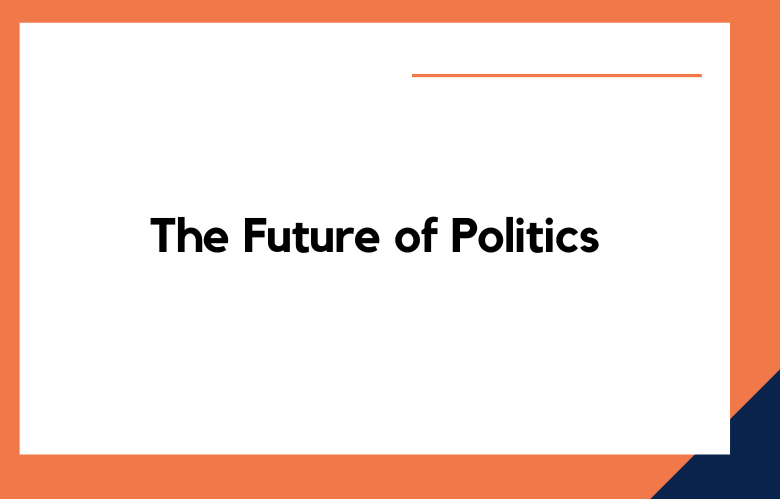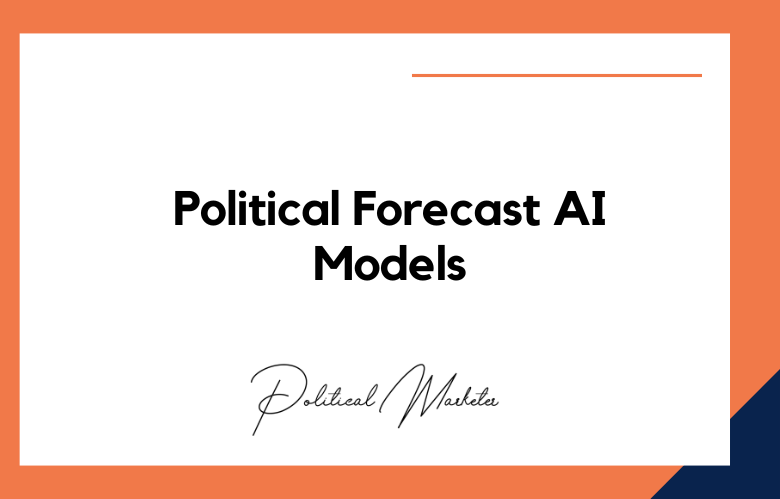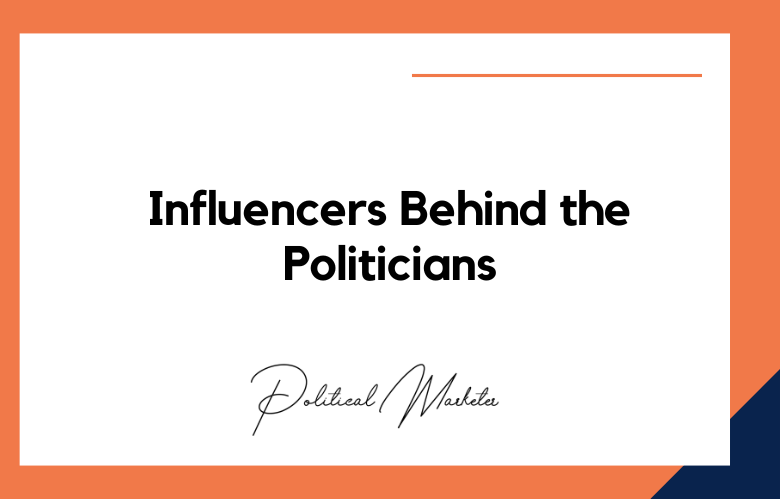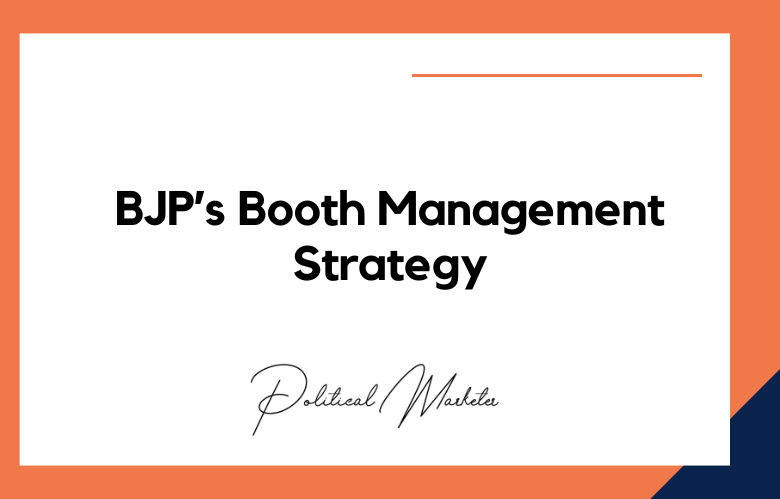Marketing campaigns that deliver excellent results are a dream for all marketers. However, achieving these results can be challenging. It takes meticulous planning, testing, and optimization to make your marketing campaigns successful.
With the help of Artificial Intelligence (AI) and machine learning, you can streamline your marketing campaigns and increase your likelihood of success. We will discuss how AI can optimize your campaigns and take them to the next level.
In today’s world, data is power. Achieving success in any campaign requires not only vast amounts of data but also the ability to make sense of it all. This is where Artificial Intelligence (AI) comes into play. Whether advertising, email marketing, social media, or SEO, AI can take your campaign to new heights by optimizing every aspect. In this blog post, we’ll explore how AI can help optimize your marketing campaigns and drive more revenue for your business.
Personalization
AI can help tailor your message to a specific audience by analyzing their behavior. For instance, AI can determine what type of content a particular customer is interested in, the time they are most likely to engage, or the platform they are more active on. This allows marketers to deliver the right message at the right time, thus making their campaigns more effective.
Predicting Outcomes
Predicting the outcomes of a campaign is essential for every marketer. AI analyzes market trends and customer data to determine the likelihood of a campaign’s success. With this information, marketers can take actionable measures to improve future campaigns for better results.
Identifying relevant keywords
AI can identify relevant keywords and topics that resonate with your audience. With AI, marketers can determine which keywords drive traffic, engagement, and conversions. In particular, natural language processing algorithms can analyze online conversations around the product or service. This helps them to target the most relevant keywords and tailor their messaging to fit perfectly.
Personalized headlines
Personalized headlines are a great way to grab the attention of customers. AI-powered tools can help marketers create headlines that are tailored to each customer. It can analyze the customer’s preference and select the headline with the highest conversion rates. This allows marketers to create more engaging headlines and generate more clicks, views, and conversions.
Streamlining Processes
With AI, marketers can streamline their processes to save time and streamline the campaign planning process. AI can automate reporting, scheduling, data analysis, and more tasks. This frees up marketers to focus on creating engaging content that drives results.
The Rise of AI: A Game-Changer in Election Predictions
The emergence of artificial intelligence (AI) has brought about a paradigm shift in the field of election predictions. With sophisticated algorithms and machine learning techniques, AI has the potential to provide unparalleled accuracy and precision in forecasting election outcomes. This game-changing technology has rapidly gained traction in recent years and is expected to dominate the industry.
One of the key benefits of AI in the context of election predictions is its ability to crunch vast amounts of data from diverse sources. This includes social media platforms, polling data, news articles, and political commentary.
AI algorithms can sift through this data and identify patterns and trends that human analysts may miss. This allows for more accurate predictions that consider a wide range of variables and factors that influence the outcome of an election.
Unleashing the Power of AI in Political Campaigns
In modern political campaigns, one of the most critical components of success is the effective use of campaign technology. With the rapid advancements in artificial intelligence (AI), political campaigns now leverage AI-powered solutions to gain the competitive edge necessary to win elections.
First, AI-powered solutions can automatically analyze data from multiple sources, including social media platforms, news websites, and political surveys. This allows the campaign team to understand public sentiment and tailor messaging better accordingly. For instance, AI can identify key topics of interest to voters, track how the campaign is performing, and identify potential areas for improvement.
Predictive AI: Revolutionizing Election Strategy
Artificial intelligence (AI) has become an essential campaign tool in today’s digital age. Predictive AI has revolutionized how election campaigns are run and has significantly impacted election strategies. Predictive AI has proven to be a powerful tool in identifying and understanding voter behavior patterns and predicting an election’s potential outcomes.
One key area in which predictive AI has been used is gathering and analyzing voter data. This data can include past voting patterns, demographics, social media activity, and other relevant information that helps campaign teams better understand their target audience.
With this data, campaigns can create and execute highly targeted and personalized communication strategies, reaching their voters with messages that resonate with them. This can help campaigns build trust and drive higher voter engagement, leading to better election outcomes.
Harnessing AI to Secure Political Victory: The Ultimate Playbook
As technology advances, political campaigns are taking advantage of the latest innovations in AI to secure victory in elections. Implementing AI in political campaigning has led to a strategic shift in how political messages are delivered and voter behavior is analyzed.
AI in political campaigning has several benefits, including greater customization of messaging, greater targeting of key demographics, and greater efficiency in reaching potential voters.
One of the key ways that AI is used in political campaigning is through extensive data analysis. With access to a wealth of voter data, political campaigns can use machine learning algorithms to analyze patterns in voter behavior and predict how voters are likely to behave in the future. This insight allows campaigns to customize messaging to specific demographics and tailor their campaigning efforts to focus on those most likely to support their candidate.
AI Algorithms: The Crystal Ball to Election Outcomes
Recently, there has been a growing interest in using artificial intelligence (AI) algorithms to predict election outcomes. This trend stems from the impressive ability of these algorithms to analyze and interpret vast amounts of data, providing insights into voter behavior, campaign strategies, and potential outcomes.
By leveraging machine learning techniques and advanced statistical models, AI algorithms can predict the results of elections with incredible accuracy, providing campaign managers and political leaders with a powerful tool for shaping electoral outcomes.
One of the key factors driving the adoption of AI algorithms in politics is the sheer volume of data available for analysis. With the proliferation of social media platforms, online news outlets, and other digital channels, a vast amount of information about voters’ opinions, beliefs, and attitudes can be used to predict election outcomes. Furthermore, modern AI algorithms can process this data in real time, providing up-to-the-minute insights into shifting voter sentiments and preferences.
Mastering Campaign Strategies with AI Predictions
Campaign strategies are critical for the success of any political campaign. To gain a competitive edge, political campaigners are turning towards artificial intelligence (AI) predictions to refine their strategies.
AI gives insight into voter behavior and preferences, helping campaigners tailor their messages to reach the right audience. With AI predictions, campaigners can target voters with messages that resonate with them, ultimately improving their chances for success.
AI systems analyze vast data, including voter demographics, social media activity, and past voting history. The insights gained can help political parties and candidates understand voter behavior and preferences. This information can be used to create targeted campaign messages and strategies designed to appeal to specific voters.
AI Insights: The Key to Unlocking Electoral Success
Artificial Intelligence (AI) Insights is becoming an increasingly powerful tool in electoral campaign strategy. AI provides campaigns with a wealth of information and data to be analyzed and leveraged to drive successful outcomes. This technology enables movements to understand their constituents better, anticipate their needs, and provide them with customized experiences tailored to their interests.
For instance, AI technology can help campaign teams identify swing voters and assess voter sentiment. This allows campaigns to focus their resources on specific areas and issues that matter most to voters and optimize their messaging and outreach efforts to better resonate with their target audiences.
Changing the Game: How AI Shapes Election Outcomes
In the current era of digitalization, Artificial Intelligence (AI) is transforming elections worldwide by influencing how people vote, analyze data, and campaign for political candidates. The rise of AI in elections has led to an unprecedented shift in how political campaigns are conducted, profoundly altering the outcomes of elections.
One of AI’s critical roles in elections is analyzing big data. The vast amounts of data generated through social media and other digital platforms enable AI algorithms to track voter’s preferences, interests, and attitudes, allowing political campaigns to customize their messages accordingly. With the help of AI, politicians can craft election messages that resonate with voters, increasing the possibility of their support.
Leveraging AI for Precision Politics: A Guide to Winning Strategies
Data Collection
Data collection is the foundation of any successful political campaign, and leveraging AI can help to improve this process significantly. AI-powered tools can collect data from various sources, including websites, social media, and surveys. This data can then be analyzed using advanced algorithms to identify trends and patterns that can help inform campaign strategies.
Audience Segmentation
AI-based audience segmentation is a powerful tool for understanding the needs and preferences of different voter groups. By analyzing large datasets, AI can identify common characteristics among specific voter segments and create detailed profiles that provide insight into their interests and motivations. This information can then tailor messages more likely to resonate with each piece.
Targeted Advertising
AI-driven targeted advertising allows campaigns to reach people with the right message at the right time. Using data collected from various sources, AI algorithms can identify potential voters interested in a particular candidate or issue and target them with ads based on their interests and preferences. This strategy helps campaigns maximize their advertising budget by reaching only those most likely to respond positively to their message.
Automated Messaging
AI-powered automated messaging systems enable campaigns to quickly send personalized messages to large numbers of voters without manually composing each one individually. These systems use natural language processing (NLP) algorithms to generate messages tailored for each recipient based on their interests and demographics, helping campaigns save time while delivering effective communication.
Predictive Analytics
Predictive analytics allow campaigns to anticipate how decisions may affect voter behavior in future elections or referendums. By analyzing large datasets, AI algorithms can predict which issues will likely gain traction with specific demographics or how certain policies may influence voter turnout in upcoming elections. Campaigns can then use this information to craft strategies for future elections or referendums.
Campaign Optimization
AI-powered campaign optimization tools allow campaigns to track performance in real-time and adjust their strategies to maximize effectiveness and reach critical goals such as fundraising targets or voter turnout rates.
By leveraging machine learning algorithms, these tools can continuously monitor performance metrics such as website visits or ad clicks to determine which tactics are working best so that campaigns can focus resources on those areas that will yield the most outstanding results.
Automated Fundraising
Automated fundraising platforms powered by AI make it easier for campaigns to raise money from supporters without manually managing donations or sending out numerous emails asking for contributions every day.
These platforms use predictive analytics algorithms to analyze donor behavior and suggest donation amounts that are most likely to result in successful transactions, allowing campaigns to spend less time managing donations while ensuring they meet their fundraising goals.
Conclusion:
The benefits of AI in digital marketing are undeniable. AI streamlines all aspects of your marketing campaigns, from targeting the best audience and ad placements to optimizing campaigns, improving customer engagement, and optimizing your budget. With AI, you can use data to make real-time informed decisions. If you haven’t, it’s time to incorporate AI into your marketing strategy and create next-level campaigns to take your brand to the next level.
AI is transforming the marketing world, providing businesses with powerful tools to optimize campaigns and engage with customers better. From predictive analytics to sentiment analysis, personalization, optimization, and integration, AI is changing how marketers approach their work.
By investing in AI and leveraging its capabilities, businesses can gain a competitive edge and victory in today’s fast-paced digital landscape. So, it’s time to explore how AI can help you optimize your campaigns and achieve marketing success.
Call: +91 9848321284
Email: [email protected]











